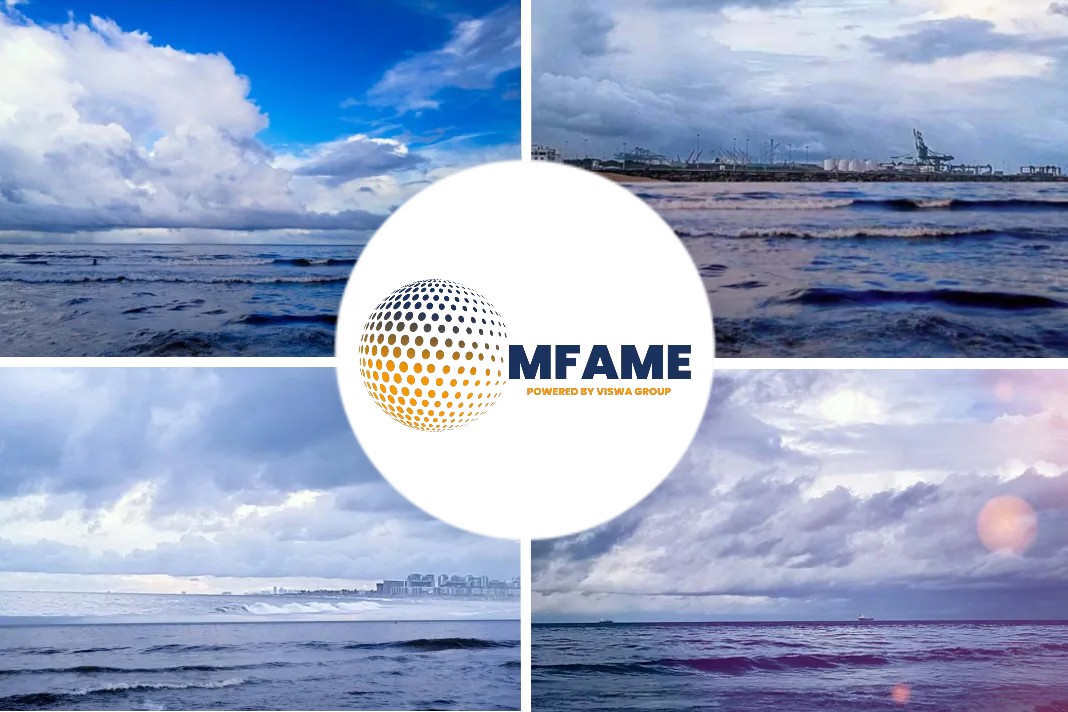- Pacific Basin focuses on the 3 new regulations.
- 14 vessels have already been fitted with Ballast Water Treatment Systems and retrofit for the other 97 ships with a system by the end of 2022.
- Handysize ships will comply by using low-sulphur fuel and company is well prepared with scrubber makers to install scrubbers on their owned Supramax vessels.
- Presently up to 28 vessels will be fitted with scrubbing systems.
- Cut of greenhouse gas emissions from shipping by at least 50% by 2050 and improve average CO2 efficiency by at least 40% by 2030 and 70% by 2050.
- The easiest step to decrease carbon emissions is to reduce speed.
Hong Kong-based bulker operator Pacific Basin is planning for major investments in scrubbers and ballast treatment systems the company when they presented their 2018 results, reports ShipInsight.
Focus on the 3 new regulations
- Ballast Water Treatment Systems
- IMO’s global 0.5% sulphur limit
- Cut of greenhouse gas emissions from shipping by at least 50% by 2050
Ballast Water Systems:
CEO Mats Berglund said, “There are three new regulations that impact our industry. The first requires the installation of Ballast Water Treatment Systems. Fourteen of our owned vessels have already been fitted with Ballast Water Treatment Systems and we have arranged to retrofit the balance 97 of our ships with a system based on filtration and electrocatalysis by the end of 2022.”
IMO’s global 0.5% sulphur limit:
“The second is the IMO’s global 0.5% sulphur limit which takes effect on 1 January 2020. Ship owners will have to comply either by using more expensive low-sulphur fuel, or by continuing to burn heavy fuel oil in combination with installing exhaust gas cleaning systems or “scrubbers”.”
Low-sulphur fuel
He added, that they expect the majority of the global dry bulk fleet, especially smaller vessels such as the Handysize ships, will comply by using low-sulphur fuel. This should have a positive effect on the supply demand balance as higher fuel costs encourage ship operators to slow down.
Installation of scrubbers
Some owners of larger vessels with higher fuel consumption, including some Supramaxes, install scrubbers to take advantage of expected lower cost of heavy fuel oil.
He said that the company is well prepared and have arrangements in place with repair yards and scrubber makers to install scrubbers on their owned Supramax vessels.
These arrangements include fitting and testing scrubbers on Supras to gain experience early and to evaluate the equipment both technically and operationally.
Greenhouse gas emission cut:
Berglund said, “Thirdly, in April 2018, the IMO announced an ambitious strategy to cut total greenhouse gas emissions from shipping by at least 50% by 2050 (compared to 2008) and improve average CO2 efficiency by at least 40% by 2030 and 70% by 2050”.
Speed reduction is the key
There is much uncertainty about how the market will eventually comply with these targets and the legislations that will in due course be implemented to achieve them. The easiest first step to decrease carbon emissions is to reduce speed. Berglund said, “but our view is that these new IMO targets will also lead to the development of new fuels, engine technology and vessel designs that are not available or practical today”.
IMO’s greenhouse gas reduction targets and eventual regulations will discourage new ship ordering in the short and medium term until new technologies and ship designs become available.
Balance in supply-demand
All these major new environmental regulations are expected to be positive for the supply-demand balance and benefit larger, stronger companies with high quality fleets that are better positioned to adapt and cope both practically and financially with compliance, he added.
The announcement of the scrubber installation programme represents another company making a U-turn on scrubber use after having previously been set against their use. While the exact number of systems was not mentioned, Berglund referred specifically to the company’s owned fleet of Supramaxes. Presently this would suggest up to 28 vessels will be fitted with scrubbing systems.
Did you subscribe to our daily newsletter?
It’s Free! Click here to Subscribe!
Source: ShipInsight
















